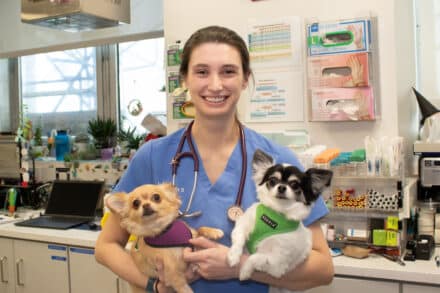
Thursday, November 16th 6:00—8:00pm
AMC’s 9th Annual One Health Conference
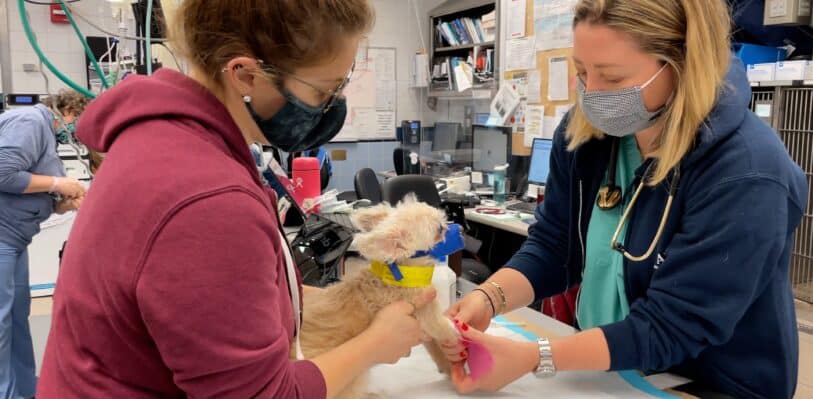
AMC’s 9th Annual One Health Conference
Connecting Human and Veterinary Medicine: Environmental Impact on Animal and Human Health
Please join us for the 9th Annual One Health Conference hosted by the Stephen & Christine Schwarzman Animal Medical Center. This year, our speakers will discuss environmental risk factors for animal and human health.
We will be joined by veterinary specialists in Internal Medicine, Clinical Pharmacology, and Avian Practice from the University of Wisconsin-Madison and UC Davis. Our human physicians and public health experts join us from the University of Wisconsin, the University of Washington, and the New York City Fire Department (FDNY).
Session Topics:
- 11/13 at 7pm ET | Non-Tobacco Environmental Risks for Bladder Cancer
- 11/14 at 6pm ET | Animals as Sentinels of Environmental Health Hazards
- 11/16 at 7pm ET | Impact of Wildfires on Animal and Human Populations
This program is currently approved for 3 hours of NYS CE credit and will be submitted for RACE accreditation as well.
This FREE annual conference is hosted by the Ann and Charles Johnson One Health Institute at the Stephen & Christine Schwarzman Animal Medical Center. For any questions, please email us at OneHealthConference@amcny.org.
Program
Monday, November 13th at 7pm ET | Non-Tobacco Environmental Risks for Bladder Cancer
Presented by:
Lauren Trepanier, DVM, DACVIM, DACVCP & Tudor Borza, MD, MS
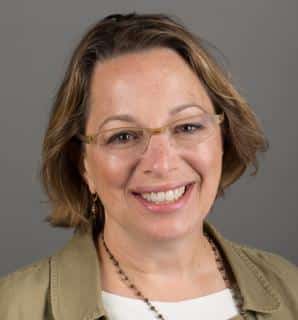
Lauren Trepanier, DVM, DACVIM, DACVCP
Assistant Dean for Clinical and Translational Research at the School of Veterinary Medicine, University of Wisconsin-Madison
Dr. Trepanier graduated with distinction from Cornell University and completed an internship and residency in small animal internal medicine at the Animal Medical Center in New York. She earned a PhD in Pharmacology, also at Cornell, and is board certified in both Internal Medicine and Veterinary Clinical Pharmacology. Dr. Trepanier is Professor of Internal Medicine and Assistant Dean for Clinical and Translational Research at the University of Wisconsin-Madison, School of Veterinary Medicine. She conducts research on genetic and environmental risk factors for adverse drug reactions and environmental cancers, and provides research training to undergrads, DVM students, interns, and residents. Dr. Trepanier is PI on the CTSA Innovation Award, Translational Research Workforce Training: Leveraging the Veterinary Specialist, U01TR002953, which supports the COHA Translational Research Fellowships for veterinarians, the COHA Translational Research Immersion Program (TRIP) for early career veterinary faculty, and upcoming COHA Translational Summits to bring together DVMs, MDs, and PhDs working on a shared disease of interest.
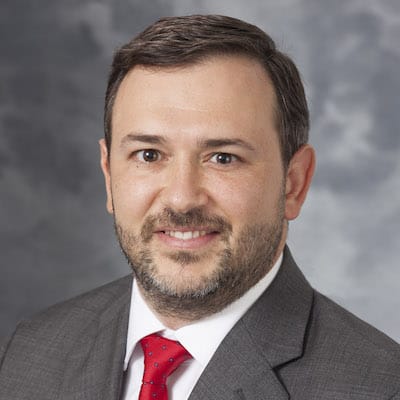
Tudor Borza, MD, MS
Assistant Professor at the School of Medicine and Public Health, University of Wisconsin
Dr. Borza is a board-eligible urologic surgeon who specializes in the management of patients with urologic cancers, with a special interest in prostate, kidney, bladder, testicular and adrenal cancers. He is fellowship-trained and performs open, laparoscopic and robotic surgery. Dr. Borza’s philosophy is to provide comprehensive and compassionate care for his patients.
Dr. Borza has over 50 peer-reviewed publications, editorials, and abstracts. He is currently supported by a grant to identify novel factors leading to readmission following cystectomy using a mixed-methods approach.
Dr. Borza is a health services researcher with a focus is on understanding how health policy changes impact surgical care and, more specifically, care of urologic malignancies. His current projects revolve around improving opioid medication stewardship by engaging surgeons through the Surgical Collaborative of Wisconsin. Additionally, he is working on understanding how different components of the Affordable Care Act have impacted treatment patterns and readmissions among patients undergoing major surgical procedures.
Tuesday, November 14th at 6pm ET| Animals as Sentinels of Environmental Health Hazards
Presented by:
Peter Rabinowitz, MD, MPH
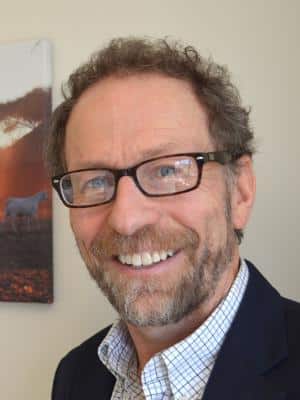
Peter Rabinowitz, MD, MPH
Professor of Environmental and Occupational Health Sciences and Director of the UW Center for One Health Research, University of Washington
Dr. Peter Rabinowitz is Professor of Environmental and Occupational Health Sciences and Director of the UW Center for One Health Research. Dr. Rabinowitz is also Co-Director of the UW Alliance for Pandemic Preparedness, an interdisciplinary effort to prepare, prevent and respond to global emerging disease outbreak threats.
The Center for One Health Research explores linkages between human, animal and environmental health in a “One Health” paradigm, including: zoonotic infectious diseases at the human-animal interface, animals as “sentinels” of environmental health hazards and clinical collaboration between human health care providers and veterinarians in a species-spanning approach. A goal of the center is to serve as an incubator and organizer of research, training and clinical activities at the University of Washington related to the human-animal-ecosystem interface. The Center also manages the Occupational Health at the Human Health Interface research training program.
Dr. Rabinowitz has been a visiting scientist at the Global Influenza Program of the World Health Organization and in the Animal Health Division of the UN Food and Agriculture Organization, where he researched zoonotic diseases. He is the co-editor, with Lisa Conti, DVM, MPH, of the clinical manual Human Animal Medicine: Zoonoses, Toxicants and other Shared Health Risks. (Elsevier 2010) He is co-director, with Malika Kachani, DVM, PhD, of the Stone Mountain Working Group on One Health Proof of Concept Research.
Thursday, November 16th at 7pm ET | Impact of Wildfires on Animal and Human Populations
Presented by:
Michelle Hawkins, VMD, DABVP (Avian Practice) & Doug Isaacs, MD
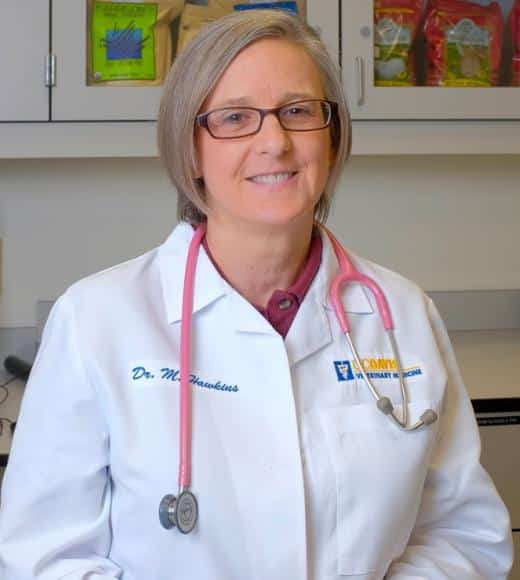
Michelle Hawkins, VMD, DABVP (Avian Practice)
Professor of Avian and Exotic Animal Medicine and Surgery at the School of Veterinary Medicine, University of California, Davis and Director of the California Raptor Center
Michelle Hawkins received her veterinary degree from the University of Pennsylvania in 1997 and completed a residency and fellowship in Avian and Exotic Animal Medicine and Surgery at the University of California, Davis in 2001. She became board-certified in Avian Practice by the American Board of Veterinary Practice in 2002. After 2 years in private practice, she joined the faculty of the University of California, Davis School of Veterinary Medicine faculty. She is currently Professor of Avian and Exotic Animal Medicine and Surgery at the School of Veterinary Medicine, University of California, Davis and Director of the California Raptor Center. Her research focuses on anesthesia, analgesia and critical patient care for companion and wild birds.
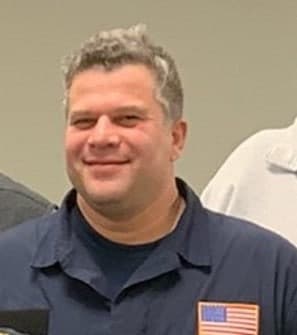
Doug Isaacs, MD
Deputy Medical Director for the New York City Fire Department (FDNY)
For the past sixteen years, Dr. Douglas Isaacs has served as Deputy Medical Director for the New York City Fire Department (FDNY). He is the Medical Director for Manhattan, Special Operations Command, Safety Command, Rescue Paramedic program, Chair of the Medical Equipment Committee, Medical Team Manager for NY-TF1, Program Director for the FDNY-Northwell Health EMS Fellowship and Director of FDNY’s annual Medical Special Operations Conference (MSOC).





















